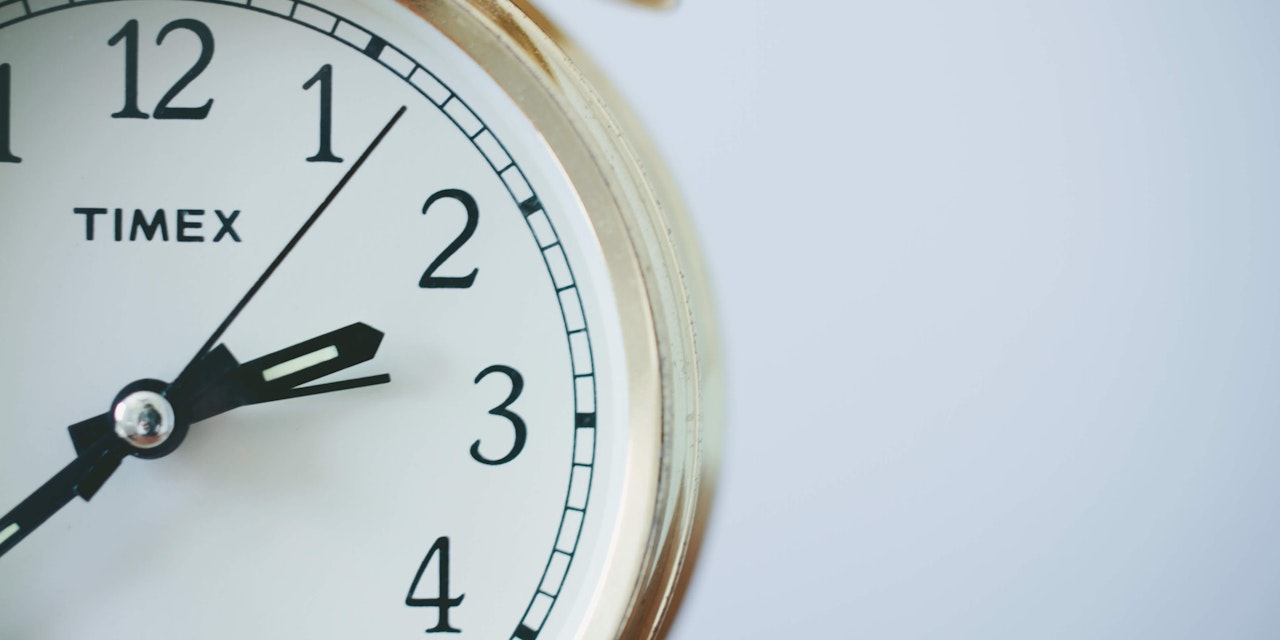How Quitting Snooze Helped Me Build a Good Exercise Habit
The whole world is against me.…
- Published: 9/21/2016
- Categories:
- 3 min. read

- Published: 9/21/2016
- Categories:
- 3 min. read
The whole world is against me.
At least that’s what it feels like. And no, I am not being dramatic.
I’m not a morning person. It shouldn’t be a big deal, but it is. And it’s made an even bigger deal by the fact that the world appears to be catered to morning people.
– Is your brain most alert in the morning?
– Are you one of those people that sees the sun is up and can’t help but jump up and start their day?
– Do you struggle to stay up past 9pm?
If you checked one or all of these boxes, then congratulations, you’re a morning person! Think about it, everything from the opening times of the gym and grocery store to school and work is scheduled to start early and finish early. If you struggle to get up in the morning, you’re kind of screwed.
That’s why I decided to try and hack my own life. I thought to myself, ‘how much better would life be if I bounded out of bed in the morning instead of dragging myself out?’
So I tried. Kind of. I don’t really snooze per se. I’m not a traditional snoozer, I’m more of a multiple alarm-er: I have one alarm set a half hour before I actually need to wake up, and then I have another for when I need to wake up.
Let me tell you, it is tough not to snooze. I cannot be expected to hop out of my warm, toasty, comfy bed and be a ray of sunshine. I want to wake up slowly.
I decided to try Twyla Tharp’s hailing the cab ritual. The basic idea is that you put little, seemingly insignificant acts on top of each other, so that they lead to the end goal, the habit you’re trying to form.
So for me this meant planning something to do the moment my alarm went off. And then something after that. And then something after that. It went like this:
1. Alarm clock goes off
2. Turn off alarm
3. Put the kettle on
4. Make bed
5. Grab notebook and start journaling
Putting the kettle on when the alarm went off got me out of bed without thinking too much about it, and making my bed made it harder for me to climb straight back in, as the incentive to remake my bed was low.
Why am I telling you all of this? I think it can help you.
I’ve read countless articles about how to build good habits – here are 3 of them (1, 2, 3) – and all of them talk about adding links to the chain, building upon something else that you’re already doing or going to do.
Take my non-snoozing routine for example. When I work out it looks like this:
1. Alarm clock goes off
2. Turn off alarm
3. Make bed
4. Use the bathroom
5. Put workout clothes on
6. Walk outside
Making it an extension of what I’m already doing makes it easier to do. My focus is less on the workout goal, and more on doing each step to complete the ritual.
All this is to say I’m not telling you to quit snoozing, and I most definitely do not want to weight in on that debate, but, hacking your life, even if you just try it for a week, could surprise you. What do you want to be better at or do more of?
Let’s say you want to stop eating after a certain time. Once you’ve taken care of the dishes, or once you’ve come home after eating out, you go brush your teeth. Done.
Or, let’s say you want to be more active. After eating your lunch you immediately go for a ten-minute walk.
These smaller, straightforward tasks are easy to repeat and easy to build upon. Even you can do them.
I guess this works in reverse too. If you want to undo a ritual, break down all the little acts that lead to it and change the ones that get you there.
What’s your goal? How can you build it into a routine?
/Femi, The Girl Who Hates Working Out
RELATED: How To Increase your Activity Level: Micro Habits, Reminders & Morning Exercises
All of the content and media on Lifesum is created and published for information purposes only. It is not intended to be used as a substitute for medical advice or treatment. Users should always consult with a doctor or other health care professional for medical advice. If you have or think you are at risk of developing an eating disorder, do not use the Lifesum app and seek immediate medical help.